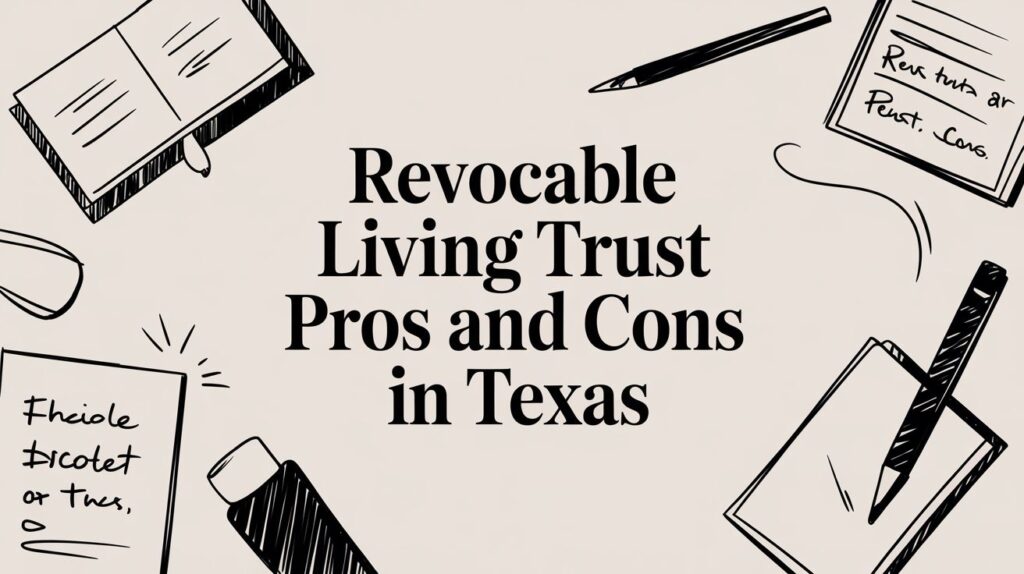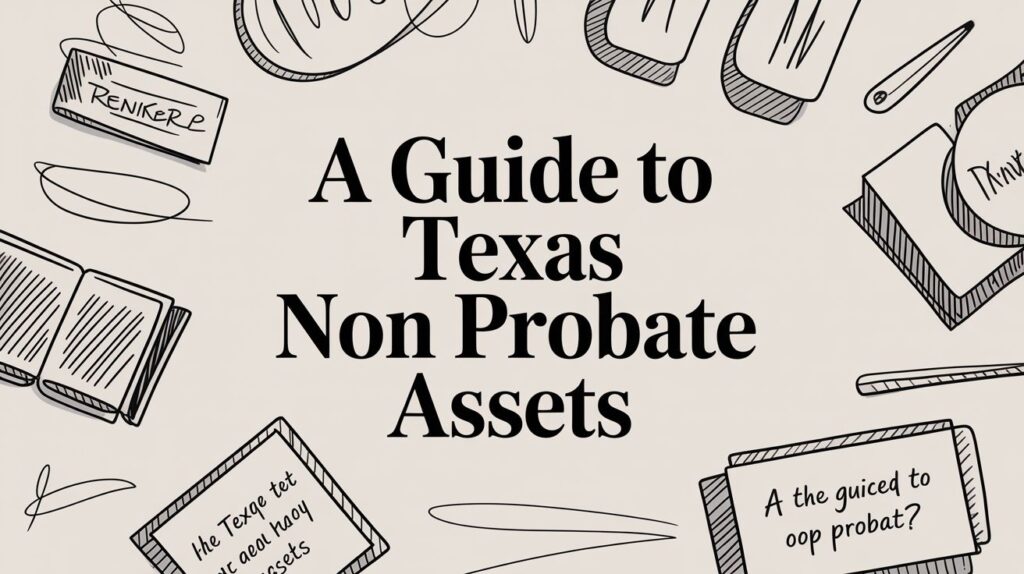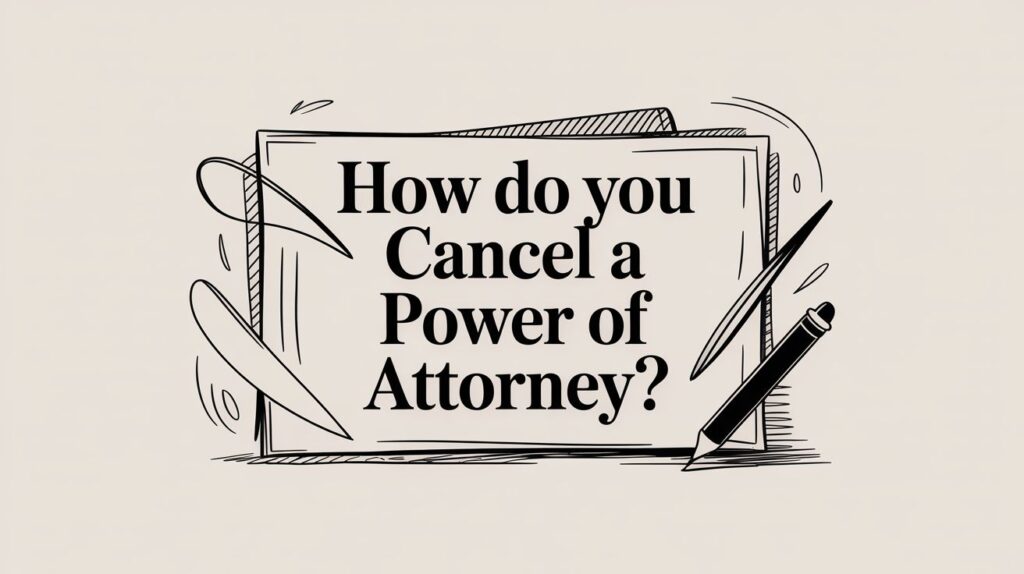No one likes to think about what happens after they die. But whether you’re 28 or 88, the truth is unavoidable: failing to plan your estate can leave your loved ones with a legal mess. If you pass away without a valid will, you’re considered to have died intestate—and that changes everything. Understanding legal implications of dying intestate is crucial for anyone who wants to protect their family’s future, avoid unnecessary court battles, and ensure their assets end up in the right hands.
In this comprehensive guide, we’ll break down exactly what it means to die intestate, what happens next in the probate process, and how the law decides who gets what. Through practical examples and a human-centered approach, you’ll get a clear picture of why estate planning matters—especially when the consequences of doing nothing can ripple for years.

What Does It Mean to Die Intestate?
No Will, No Clear Instructions
When someone dies intestate, it means they left behind no legally valid will to guide the distribution of their estate. In the eyes of the court, this is a major problem—not because the court wants to control your property, but because there’s no instruction manual to follow.
The government won’t guess what you would have wanted. Instead, it applies state intestacy laws—a predetermined hierarchy that may or may not match your wishes.
That’s where the legal implications of dying intestate come in. With no voice from the deceased, the state’s default plan steps in, and the outcome can often surprise—or devastate—surviving family members.
Real-Life Story: When No Will Meant No Peace
Consider the story of Robert, a father of two adult children from a previous marriage. He remarried later in life but never got around to updating or drafting a will. When he passed away suddenly, his second wife and his children found themselves in a courtroom, fighting over who should inherit his home, retirement accounts, and personal property.
The court followed state intestate laws, which gave half the estate to the spouse and divided the rest among his kids. What Robert probably would have wanted? No one will ever know. The end result? Years of bitterness and tens of thousands in legal fees.
This illustrates how understanding legal implications of dying intestate isn’t just about knowing what the law says—it’s about preventing unnecessary pain for the people you leave behind.
What Happens to Your Estate When You Die Intestate?
The State Steps In
When there’s no will, the law doesn’t stop to consider family dynamics. It applies intestate succession, a structured formula that outlines who inherits based solely on legal relationships.
Here’s a simplified view:
- If you’re married with children, your estate might be split between your spouse and your kids.
- If you’re married without children, your spouse could inherit everything—or share it with your parents or siblings.
- If you’re single, your estate passes to your nearest blood relatives, starting with your parents.
- If no relatives exist, the state claims your property through escheat.
This approach may seem fair on paper, but modern families are complicated. Stepchildren, unmarried partners, and estranged relatives often don’t fit neatly into legal categories.
Understanding the legal implications of dying intestate means realizing the law can’t reflect personal values or relationships. It follows formulas, not feelings.
The Probate Process Without a Will
More Court Involvement, More Delays
Probate is the legal process of settling an estate, and it becomes more complicated when there’s no will. The court must now identify heirs, appoint an administrator, and make decisions without clear instructions.
Here’s what usually unfolds:
- An administrator is appointed to manage the estate.
- Heirs are identified according to intestate succession laws.
- Assets are inventoried and appraised, including real property and financial accounts.
- Debts and taxes must be paid before anything is distributed.
- Remaining assets are divided based on legal entitlement.

Without a will to speed things up, everything takes longer. Mistakes are more likely. And the costs climb.
That’s why one of the critical legal implications of dying intestate is a drawn-out, more expensive probate process.
What Happens If You Own Property in Multiple States?
More Courts, More Paperwork
If you own real estate in more than one state and die without a will, each state requires its own ancillary probate. This means your loved ones must:
- Hire attorneys in each state
- Pay separate court filing fees
- Submit paperwork multiple times
Each state applies its own intestacy laws, and the outcomes may conflict. This adds more stress, time, and cost for grieving families.
Avoiding this situation starts with understanding how the legal implications of dying intestate expand across state lines when multiple jurisdictions get involved.
Special Concerns for Blended Families
Stepchildren May Be Left Out
Modern families often include children from prior marriages, step-siblings, and even unmarried partners. Intestate succession laws, however, are old-school. In many states, stepchildren who weren’t legally adopted have no automatic inheritance rights.
That means:
- Children from a previous marriage may inherit more than your current spouse.
- Your stepchildren could be legally entitled to nothing, regardless of emotional closeness.
- Courts will follow bloodlines, not family dynamics.
Real-life scenario: After his stepfather died without a will, Greg assumed he’d inherit the house they lived in together. But because he wasn’t legally adopted and there was no will, the house went to the stepfather’s estranged siblings. Greg was evicted.
This is one of the most heart-wrenching examples of the legal implications of dying intestate—and how it disproportionately affects non-traditional families.
Special Concerns for Blended Families
Stepchildren Get Overlooked
In blended families, stepchildren are often treated like biological children. But unless they are legally adopted, intestacy laws usually don’t recognize them as heirs.
This means:
- Stepchildren may receive nothing from the estate.
- Biological children may inherit a disproportionate share.
- Tension can rise quickly when close family members are left out.
Real-life case: Greg lived with his stepfather for 20 years. When his stepfather passed without a will, Greg assumed he’d inherit the home. But because he wasn’t adopted, and there was no will, the estate passed to distant relatives. Greg was forced to move out.
This is one of the most painful legal implications of dying intestate—and one that’s entirely preventable with basic estate planning.
Guardianship Issues for Minor Children
The Court Chooses Their Guardian
If a parent dies intestate and leaves behind children under 18, and there’s no surviving parent, the court appoints a guardian. Without a will naming a guardian, the judge must choose based on what’s legally in the child’s best interest.
This could result in:
- Family members battling in court
- A child placed with someone unfamiliar
- A court-appointed guardian with no personal connection to the child
This adds both emotional trauma and legal stress for surviving family members.

One of the most overlooked legal implications of dying intestate is the complete loss of control over who raises your children.
How Much Does Dying Intestate Cost Your Estate?
More Lawyers, More Fees
Dying without a will leads to increased administrative costs, including:
- Bond premiums for administrators (required in many cases)
- Court filing fees
- Attorney’s fees (often hourly rather than flat rate)
- Appraisal fees for property
- Publication fees for creditor notifications
All of these fees are paid out of the estate, reducing what’s left for your heirs.
In larger estates, these costs can reach into the tens of thousands. And for modest estates, they can quickly consume what little value remains.
Understanding the legal implications of dying intestate means recognizing how much more expensive everything becomes when you leave your affairs unplanned.
How to Avoid Dying Intestate
Basic Planning Goes a Long Way
Avoiding intestacy doesn’t require complex legal maneuvers. It starts with:
- Creating a valid will that names beneficiaries and an executor
- Designating guardians for minor children
- Setting up payable-on-death (POD) accounts and beneficiary forms
- Considering a living trustto bypass probate altogether
- Keeping documents updated as life changes (marriage, children, divorce)
These simple steps help ensure your assets are distributed the way you intend—not how the court decides.
People often delay estate planning because they think they don’t have “enough” to justify it. But the legal implications of dying intestate can affect estates of all sizes.

Real-Life Story: David’s Two Sons
David was a 47-year-old father who died in a car accident. He had no will. His sons, aged 12 and 19, were left to navigate probate without any guidance.
Because there was no legal guardian named, the court placed the younger child with an aunt he barely knew. Meanwhile, the family spent over a year finalizing probate, during which time the family home deteriorated and lost significant value.
This entire situation could have been avoided with one simple will. Instead, the consequences of dying intestate turned an already painful situation into a financial and emotional burden.
Final Thoughts on Understanding Legal Implications of Dying Intestate
When you die without a will, your family doesn’t just lose you—they lose clarity, direction, and peace of mind. Courts follow formulas, not relationships. And what feels “fair” in your family may look very different from what state law prescribes.
That’s why understanding legal implications of dying intestate isn’t just about legal theory—it’s about real-world outcomes. It’s about protecting your spouse, your children, your property, and your legacy.
Estate planning doesn’t need to be perfect. It just needs to exist. Start today. Because doing nothing leaves everything—and everyone—you care about up to chance.








